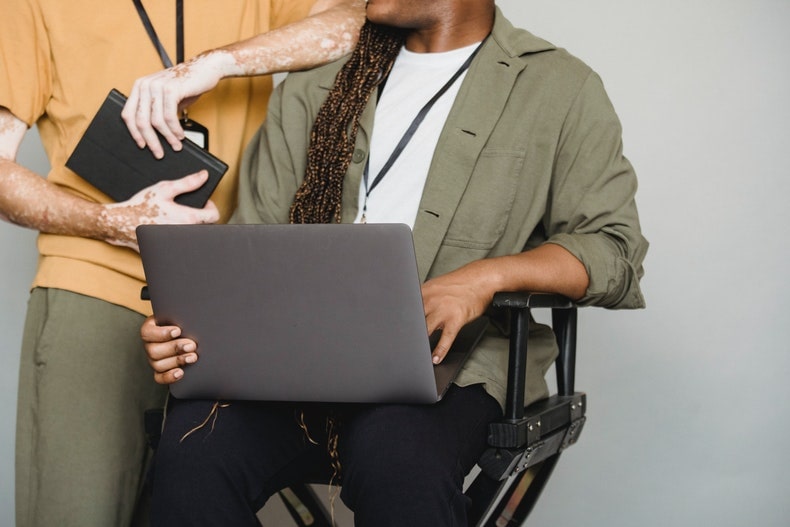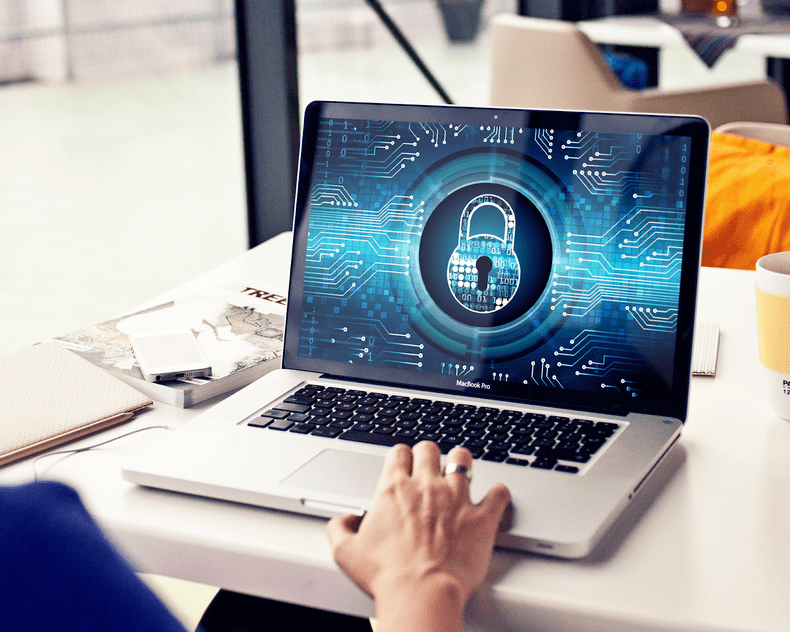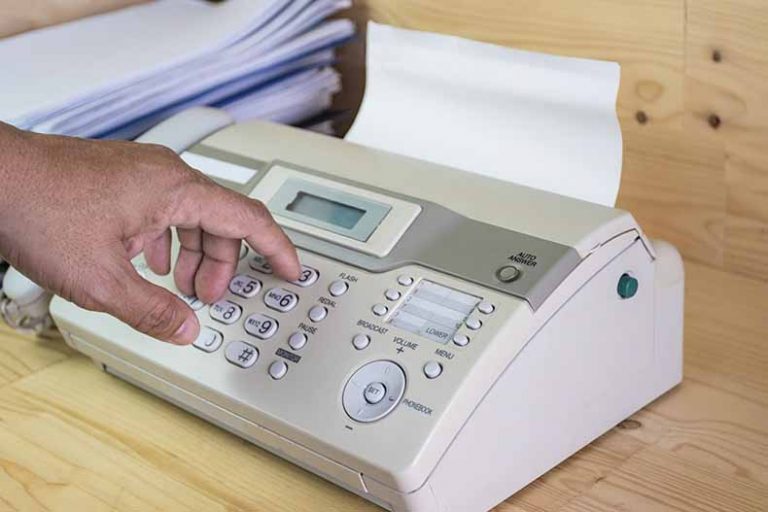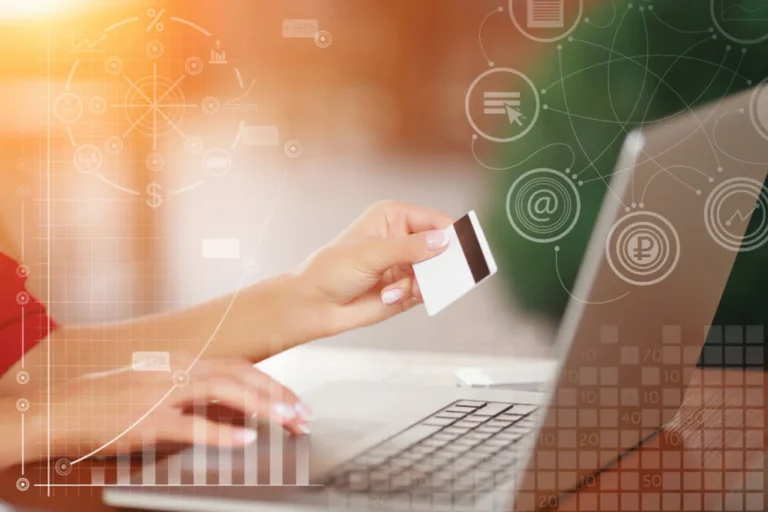7 Tips to Manage Your Identity and Protect Your Privacy Online
With the advent of social media and a lot of other companies gathering your data for commercial and other purposes, it seems like our life has become this one giant digital diary.
From your date of birth to your health records, your private chats, your political preferences, and everything else is available on a display to the companies with whom you share the data.
Taking all these scary facts into consideration, a lot of people would obviously be concerned about this data being stolen and misused by other parties. Then there is also the case of identity theft online.
A lot of hackers and other miscreants would steal your data especially your financial data to scam you or for any other malicious reason.
However, to prevent this there are some tricks you can use to safeguard your financial and personal information from hackers and other parties with malicious intent.
1. Limit the Information You Share Online
A lot of people have the habit of sharing every intricate detail of their lives on a public forum like Facebook, Instagram, or Twitter. Well, as much as we like the sentiment this can be a dangerous and a risky move for you since you would be extremely vulnerable to cybercriminals especially when your profile is open and not a private one.
What a cybercriminal can do when you upload every aspect of your life on a social media forum is that he or she can potentially find out details like your mother’s maiden name or your hometown which may be the answer to a security question on your bank account.
There also have been a lot of instances when actual thieves have robbed a house just because the homeowner had posted holiday pictures up on social media making everyone including the thieves aware of the fact that the house would be empty.
In order to protect your privacy in this aspect, we would recommend you to stop oversharing the information you share online or go restrict the access of unknown people on your social media.

To do this you can go to the about me section in settings and make necessary changes to the privacy part accordingly.
2. Browse in Private or Incognito Mode
This is particularly effective when you are using a computer that can potentially be accessed by a lot of people. What an Incognito Mode or a Private mode does is that it does not keep the history, the cookies, or any sort of temporary files stored while you are browsing in that mode.
So in case you are accessing a computer in a cafe or a public library, it is recommended that you use this particular mode because other people may be able to look at the history and find out the websites you have been to.
However, there is one important point here to note that your employer or the Internet Service Provider (ISP) will still be able to access your history.
3. Using a different search engine
Google is by far the most preferred search engine out there both in terms of efficiency and convenience. With just one click and the search parameter, you will be able to find out every site humanly possible which fulfills the search parameters.
However, when we look at the privacy part, Google is equally inefficient and disappointing in that aspect. Google heavily tracks all your search history and the clicks made by you while you are on the search engine for commercial purposes.
If you take your privacy seriously it is recommended that you switch to an anonymous search engine like Duckduckgo that does not store your data or your search history.
4. Use a Virtual Private Network (VPN)
A Virtual Private Network makes you virtually untraceable thus protecting you from cyber threats and data theft issues. There are a lot of VPNs available in the market with their own pros and cons. However, BlufVPN is considered the best VPN as it does not collect, track, or share your private data.
Using BlufVPN is very easy, just connect to one of our dedicated VPN servers, and your online activities are secured. It is imperative to use a VPN when you are accessing public WiFi at a library or an airport since it is very easy to steal your data when you are connected to a public WiFi.
5. Be Careful of Phishing Attempts
Phishing is one of the most common ways under which hackers try to obtain your valuable information by using the tactic of misdirection against you.
In this particular way, hackers try to trick you to enter your details using a fake site. In case you fall into the trap, you will most probably lose access to your account.
This method is especially effective for your social media and bank account login credentials. In order to be safe from such attempts, you need to pay attention to the Site URL, if you pay close attention to the website URL you will clearly notice the fact that the link is not legitimate.
6. Secure your Smartphones
With the advent of smartphones, there is an equal amount of private data on your smartphones than your personal computers.
It is imperative that you take efforts in securing your phone as well. It is recommended that you keep a complex passcode or a pattern to ensure that your data wouldn’t be extracted if your phone got stolen or misplaced. Further, it would do you no harm if you got a good antivirus on your mobile as well.
7. Use a strong and effective Antivirus Software
You can take any and all possible efforts to make sure that your privacy remains strong and intact.
However, all of the efforts would be moot if you do not put a solid Antivirus system in place since there can be malicious software or a trojan virus already been deployed on your laptop which you may not be able to detect.







